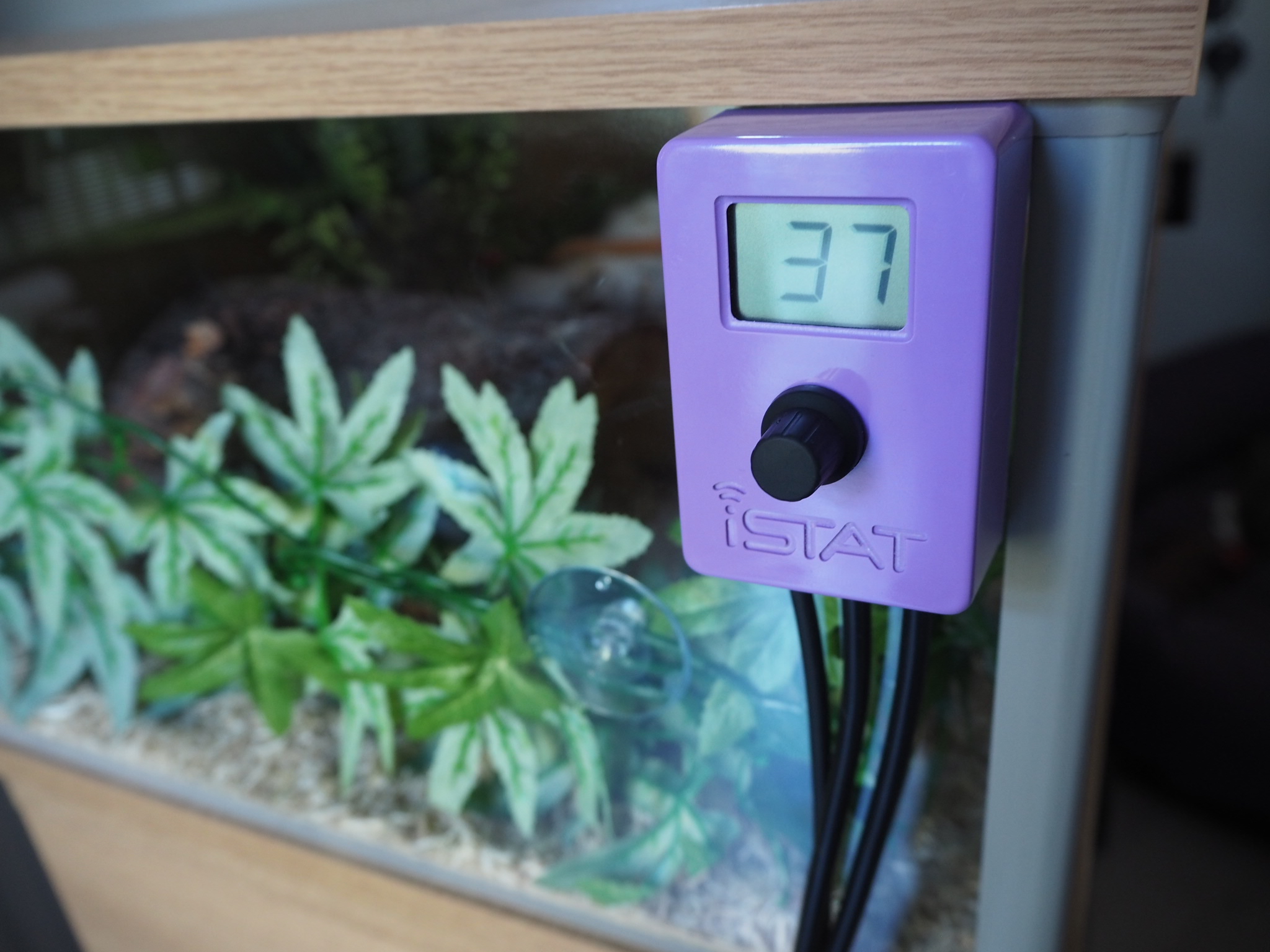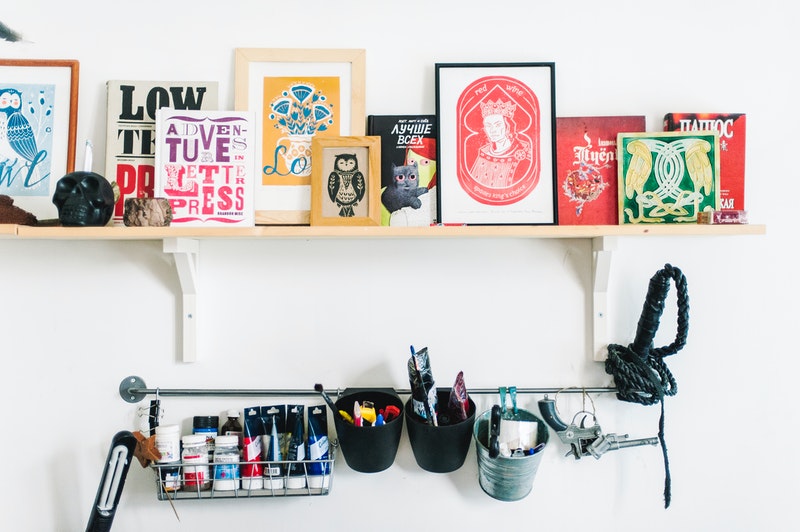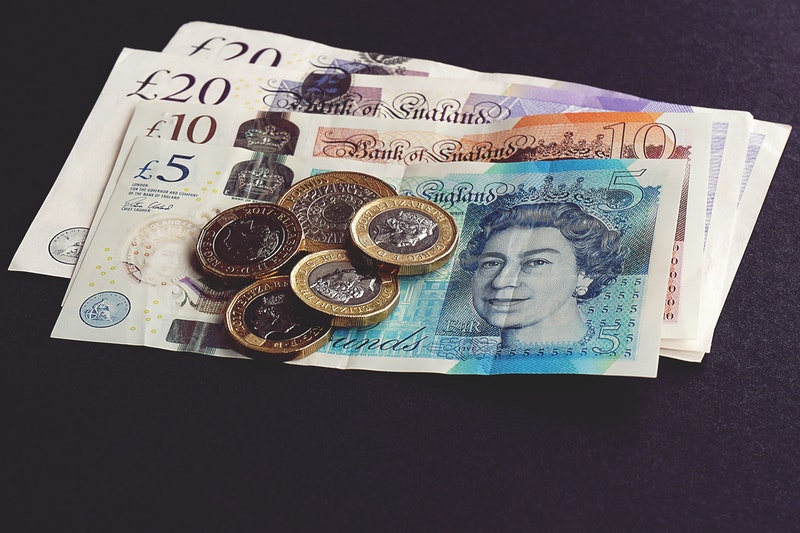Staying Safe on Meta with Privacy Tips for Facebook, WhatsApp, and Instagram

Meta, the company behind Facebook, Messenger, WhatsApp, and Instagram, has faced significant scrutiny over its privacy practices. Many businesses are using Facebook to reach out to their audience. After all, social media are free, so why wouldn’t you leverage their potential? With billions of users worldwide, these platforms are some of the most widely used social media and messaging services.
But with that popularity comes concern. How does Meta handle our data? Are we really safe?
What steps can we take to secure our privacy?
Private Conversations on Facebook Messenger
If you’re concerned about privacy on Facebook Messenger, consider using Secret Conversations. What is a secret conversation on Messenger? It allows you to send encrypted messages, ensuring only you and the intended recipient can read them. This feature uses end-to-end encryption, which means that your messages are scrambled before they leave your device and only unscrambled once they reach the recipient’s device.
Secret Conversations are not stored on Meta’s servers, which means Meta cannot access them even if they wanted to. To start a Secret Conversation, open a chat in Messenger, tap on the contact’s name, and select “Go to Secret Conversation.” This is a one-time step for each conversation, as Secret Conversations aren’t enabled by default.
WhatsApp: Privacy Protections and Risks
WhatsApp, another Meta-owned product, has gained attention for its strong stance on privacy. WhatsApp messages are end-to-end encrypted by default, meaning that no one other than the sender and recipient can view the messages—not even WhatsApp itself. This encryption is one of WhatsApp’s major selling points, and it’s a reassurance for those who prioritize privacy.
However, some risks remain. WhatsApp’s connection to Meta means that certain data, like your phone number and usage metrics, are shared with Meta for advertising purposes. While the actual content of messages remains private, this metadata can reveal patterns about who you communicate with and when.
How to protect your privacy on WhatsApp:
- Review your privacy settings under Account > Privacy. Limit who can see your “Last Seen” status and profile picture.
- Use two-step verification to add an extra layer of security to your account.
- Avoid sharing sensitive information, even in encrypted chats, if you’re concerned about WhatsApp sharing your metadata with Meta.
Instagram: Privacy Concerns and Solutions
Instagram, also owned by Meta, is a popular social media platform, especially among younger users. It’s visually focused, with a feed of photos, videos, and Stories. However, this focus on sharing can also expose users to privacy risks.
When you post content on Instagram, your information—location, tags, likes, and even how long you view content—is tracked and used to tailor ads. Unlike WhatsApp, Instagram doesn’t offer end-to-end encryption for all countries, which means that your activity on the platform is logged and accessible to Meta.
How to protect your privacy on Instagram:
- Set your account to private, which restricts who can follow you and view your posts.
- Limit data sharing in the app’s settings by turning off location services and disconnecting third-party apps.
- Check tools designed to help you manage your activities.
By implementing these privacy measures, you can still use Meta platforms without feeling that your personal data is at constant risk. While Meta’s practices may not fully align with stringent privacy ideals, these steps can help you take control of your information. Prioritising privacy doesn’t mean quitting social media; it means using it wisely and staying informed about how your data is used.





